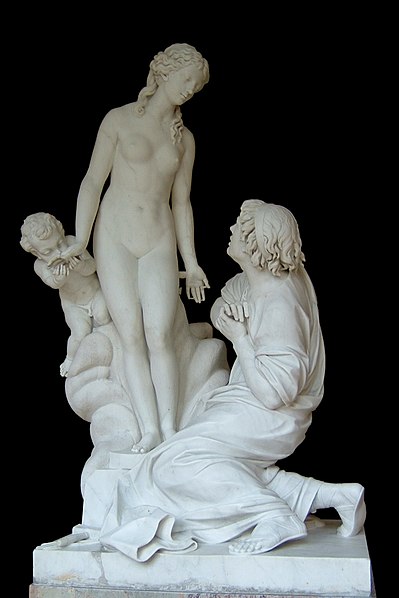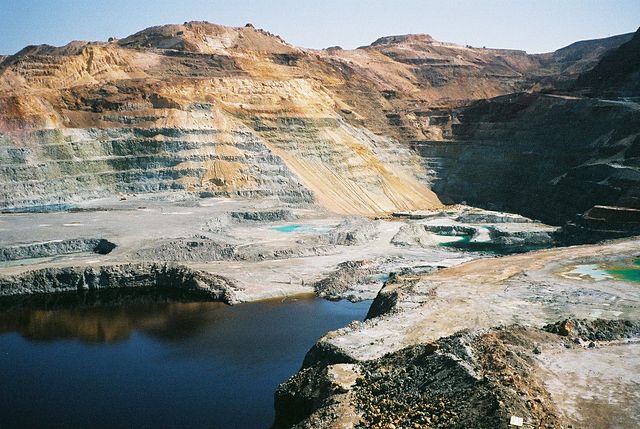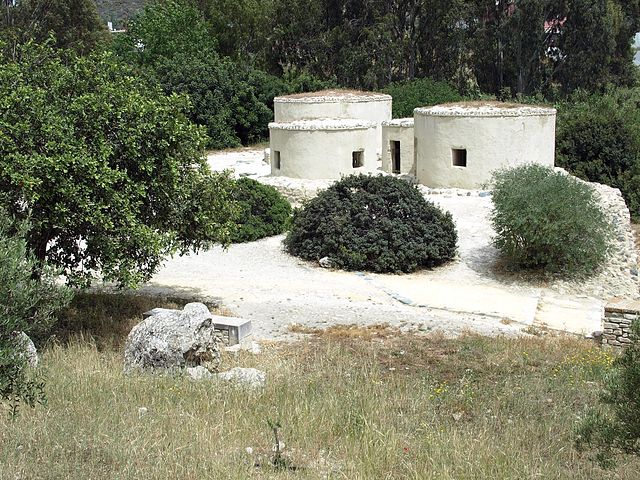In Greek mythology, Pygmalion was a legendary figure of Cyprus. He is most familiar from Ovid's narrative poem Metamorphoses, in which Pygmalion was a sculptor who fell in love with a statue he had carved.
Pygmalion Adoring His Statue by Jean Raoux, 1717
Étienne Maurice Falconet: Pygmalion et Galatée (1763)
Pygmalion et Galatée by Girodet
Pygmalion by Jean-Baptiste Regnault, 1786, Musée National du Château et des Trianons
Cyprus, officially the Republic of Cyprus, is an island country in the eastern Mediterranean Sea, north of the Sinai Peninsula, south of the Anatolian Peninsula, and west of the Levant. It is geographically a part of West Asia, but its cultural ties and geopolitics are overwhelmingly Southeast European. Cyprus is the third-largest and third-most populous island in the Mediterranean. It is east of Greece, north of Egypt, south of Turkey, and west of Lebanon and Syria. Its capital and largest city is Nicosia. The northeast portion of the island is de facto governed by the self-declared Turkish Republic of Northern Cyprus.
A copper mine in Cyprus. In antiquity, Cyprus was a major source of copper.
Archaeological site of Khirokitia with early remains of human habitation during the Aceramic Neolithic period (reconstruction)
Zeus Keraunios, 500–480 BC, Nicosia museum
The Walls of Nicosia were built by the Venetians to defend the city in case of an Ottoman attack.








